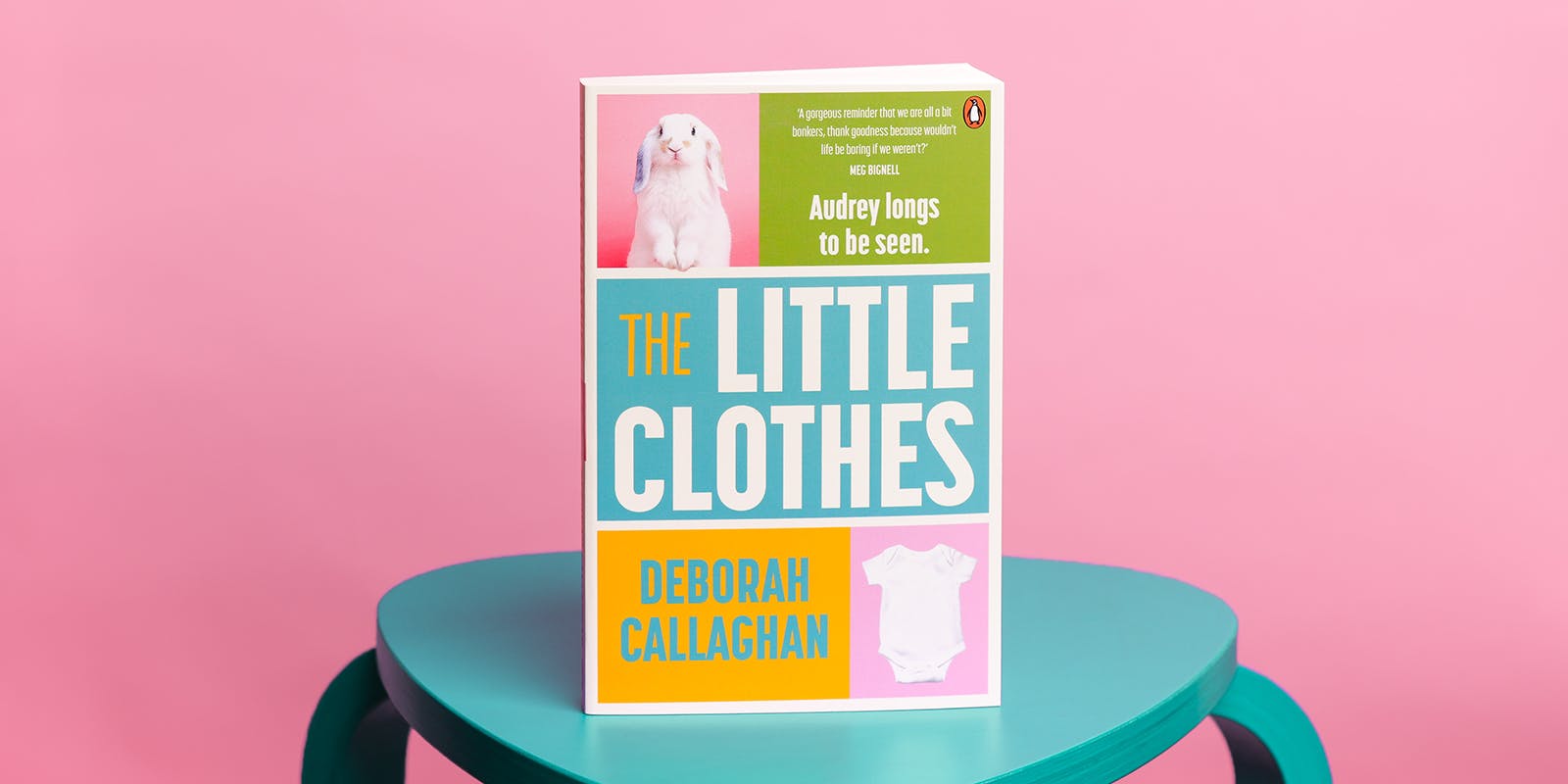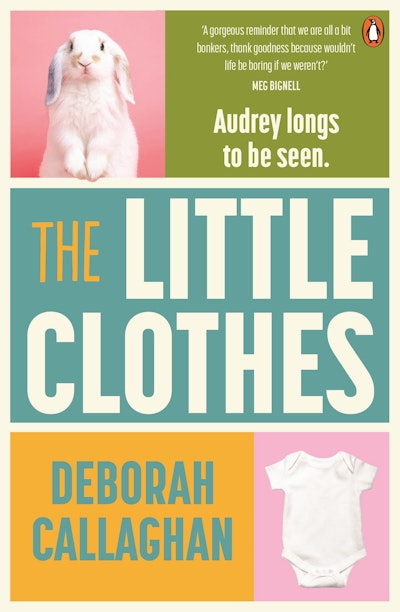A humorous, provocative and affectionate novel to read with your book club.
When you’re heading towards forty and people start to notice you a bit less, what do you do with your new powers of invisibility?
Audrey is a clever lawyer but has never made partner. Her days are spent in the office, and she fills her nights with local trivia and evenings with her pet rabbit, Joni. On one outing, she tries to buy wine at the bar and is ignored. Annoyed, she walks out without paying. One thing leads to another, and soon she starts rebelling in small and creative ways against a world in which she is unseen.
Discussion points and questions
- Are some people more visible than others? Is it possible that going unnoticed can become a superpower?
- The Little Clothes is a debut novel and takes on some serious issues with humour and defiance. The author says she did not set out to be provocative, she wanted to tell a story. How did you receive the novel?
- Audrey’s mother and aunt cover up some appalling, illegal behaviour. Are they a product of a certain time? Why do you think they expected Audrey to recover, forget and move on with her life?
- There are studies of birth order and how this influences the life of children. Is it possible for siblings to be treated with the same amount of love and respect within a family?
- The novel depicts many types of relationships between women: between Audrey and the women in her family, Audrey and Maggie, and Audrey and her colleagues, to name a few. In what ways do these relationships differ, and how do they contribute to Audrey feeing either seen and appreciated, or unseen and misunderstood?
- Through small-ish sneaky acts, Audrey calls out poor behaviour from people around her. Do you condone this behaviour? How do you believe you would respond to being overlooked as she is?
- There are many misbehaving men in The Little Clothes, including Alec and Tom, yet they seem (for the most part) to be professionally successful and exempted from blame. What does the novel have to say about the double standards applied to women and men?
- Audrey buys little clothes throughout the story despite not having a child. Why do you think she is driven to do this, and what is the significance of her gifting these clothes to Sienna and Scott at the end of the book?
- One theme explored in The Little Clothes is that you can find courage, a voice and change your life no matter your age. How possible is a happy ever after for Audrey and those she represents?













